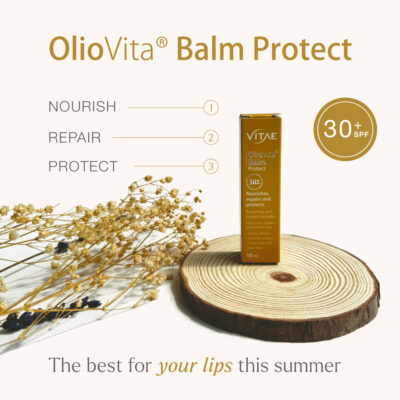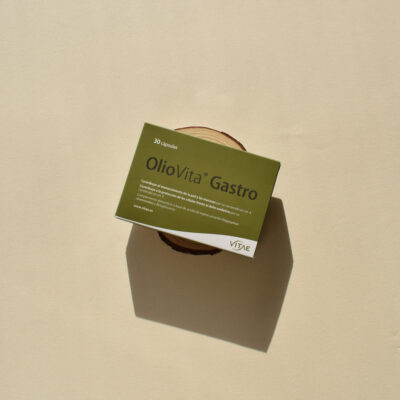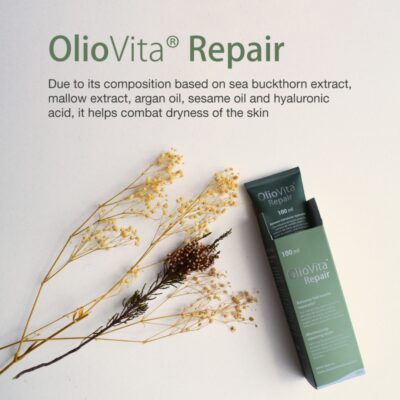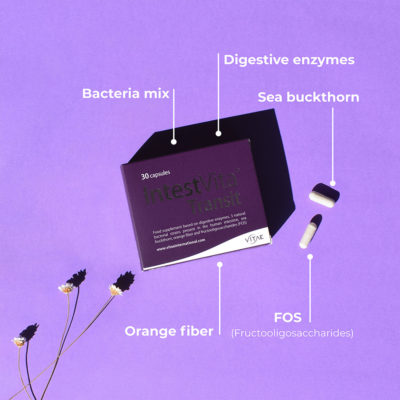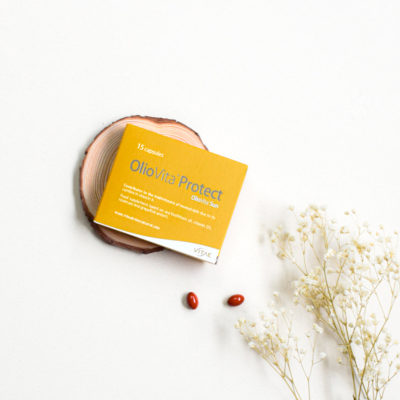A looked after and beautiful skin is an unequivocal symbol of health and beauty, so taking care of it is one of the things women most obsess about (and increasingly men). As we have said on other occasions, the basis for having beautiful skin is hydration. No matter what treatments or products we use, if the skin is not hydrated it won’t make any difference.
On the other hand, during the different seasons of the year, care and needs may vary. In winter, for example, we will be more likely to have dry and dehydrated skin.
We have spoken with dermatologist Marta María Moratinos (C / Caceres 35, 28045 Madrid) to give us her point of view on different issues related to skin care. From facial cleansing, dry skin and the latest trends like Korean skincare routines, among other things.
Let’s start with the basics. According to your point of view, what should be the basic skin care routine for each skin type?
Basic skin care should always include four fundamental steps: Cleansing, moisturizing, protecting and regenerating the skin. Depending on the type of skin (dry, oily or mixed) we will recommend some products or others for each step.
For example, for oily or mixed skin I usually recommend a Glycolic Cleansing Foam and a hammamelis tonic for its astringent effect. For daytime we will choose an oil-free moisturizer or gel-cream or serum format, and then we will apply a high-factor sunscreen, also in oil-free fluid format, in mist or brush (powder) to not provide more fat to the skin. At night repeat the cleansing routine and apply a cream that stimulates the production of collagen, which contains retinol or glycolic, salicylic or azelaic acids, which will also help regulate sebum production.
For a skin with acne, apart from the previous recommendations, in the case of women, I perform a hormonal study, since very often the excess sebum production and consequently acne, are due to an alteration in the production of androgens, either in relation to mild hereditary disorders, such as the deficit of the enzyme 21-Hydroxylase that manifests as an elevation of 17 Hydroxy Progesterone with or without elevation of peripheral androgens as in Androstendiol. On other occasions it may be secondary to the presence of insulin resistance, which secondarily induces an elevation in androgens. It is important to detect these alterations to give a specific treatment, whether with antiandrogenic drugs, such as spironolactone, contraceptives or medicines that regulate insulin resistance, such as metformin.
In the case of dry skin, the handling is somewhat more complex. I usually recommend cleansers in the form of cream and the subsequent application of a tonic with chamomile, marigold and rose water that clean thoroughly while providing hydration.
Because of the complication of these skins, it is very important to distinguish well between a really dry skin, because it has decreased sebum production, from a false dry skin, which is actually oily or mixed but that presents an alteration of the cutaneous barrier with inflammation that makes it appear flaky. In the latter, I will recommend the aforementioned, so I will focus on dry skin itself. In these patients I usually recommend some cream with Retinol to stimulate the production of collagen and restore the skin barrier, since it will facilitate the penetration of other assets that I like very much, such as hyaluronic acid, panthenol, madecassoside, which will provide us hydration and improve the texture and thickness of the skin.
I also usually recommend the use of oral food supplements, specifically those made from sea buckthorn oil. There are multiple studies that support the beneficial effect of sea buckthorn on the skin, as it increases skin thickness and improves the synthesis of collagen in the skin, in addition to contributing to the proper production of cutaneous sebum, which leads to an improvement in hydration and nutrition of dry and aged skin.
In addition, many of these patients usually have associated problems with dryness in mucous membranes, either secondary to menopause or due to immunological processes such as Sjögren’s syndrome, so they also benefit from these supplements (sea buckthorn oil moisturizes skin including the mucous membranes ).
Lately there is much talk about Korean, Japanese and even Nordic beauty regimes. Are you in favor of concepts such as double cleansing? What can we learn from other cultures?
Double cleaning is a concept that is based on the facial cleansing routines that Asians follow, specifically Korean and Japanese. It is based on the concept of layered cleaning or “layering” and consists of first cleansing with a micellar oil, to remove the remains of makeup and dirt, followed by a second wash with an aqueous foam to remove excess fat.
Products such as micellar water can also be used. The cleansing routine ends with the application of a tonic, a moisturizer and sunscreen.
In the case of Nordic cleansing, they uses exfoliating plants and activated carbon to absorb excess fat and clean the sebaceous duct in depth.
My opinion is that there is no magic formula that works for all patients, when making the recommendation you have to take into account various factors, such as patient preferences (a patient with oily skin often disliked using a cleanser oily) and the time you have available (not all people can afford to do a complicated cleansing routine before going to work.
You also cannot propose very complex routines to a teenager because they might not comply with the treatment, for example. You have to look for routines that meet the following requirements: get a good cleansing routine, do not harm the skin, it should be pleasant and easy to incorporate.
As explained in the previous point, in my opinion, the cleansing routine seems fundamental to me to remove the remains of makeup, dirt, pollution, sweat and excess sebum and restore the skin barrier, favoring the subsequent penetration of active ingredients that are applied on a clean skin in the form of serum or moisturizer.
What are the most common skin conditions?
In the consultation I attend a multitude of conditions. If I had to opt for the ones that I treat most frequently it would be acne, rosacea, alopecia and the signs associated with photo aging.
When is dryness a problem? Could you tell us more about the dryness of both skin and mucous membranes.
The skin is the largest organ of our body, which among others fulfils a barrier function, preventing the entry of infectious and irritating agents and preventing the evaporation of excess water. In addition, it fulfils an immunological, temperature regulating function, etc. There are circumstances that cause the barrier function to be altered and more water evaporated than is due, causing a cracked-looking skin. This may be due to genetic factors (deficiency of essential fatty acids), hormonal (menopause), environmental (tobacco, sun exposure, use of unsuitable cosmetics) or insufficient fluid intake, medication, some diseases, etc.
In the case of the skin, the most frequent manifestations are the presence of a feeling of tightness, peeling, itching and / or inflammation, because it is more permeable to environmental irritants. In the case of mucous membranes, the symptoms depend on the affected area. In the case of the eyes there might be a sensation of sand in the eye, itching; in the mouth it feels sticky and dry, burning, alterations in taste, formation of wounds and even infections; and in the case of the genital mucosa, loss of elasticity with discomfort when it comes to sexual intercourse, pain and itching.
To treat this type of pathology, do you recommend the use of food supplements?
I recommend food supplements quite frequently, since my experience with some of them has been very good and in addition there are more and more scientific studies that support these results. In particular I recommend sea buckthorn oil, because of its high content of omega 3, 6, 7 and 9 acids.
In addition to increasing hydration, both in skin and mucous membranes, it has a regulatory effect of inflammation that is very beneficial in my patients with chronic eczema, psoriasis or atopic dermatitis. I also usually recommend it to patients who consult for dry skin or mucous membranes, such as patients with Sjögren’s syndrome, dry mouth due to taking medications, menopause, skin aging due to sun damage, among others.



